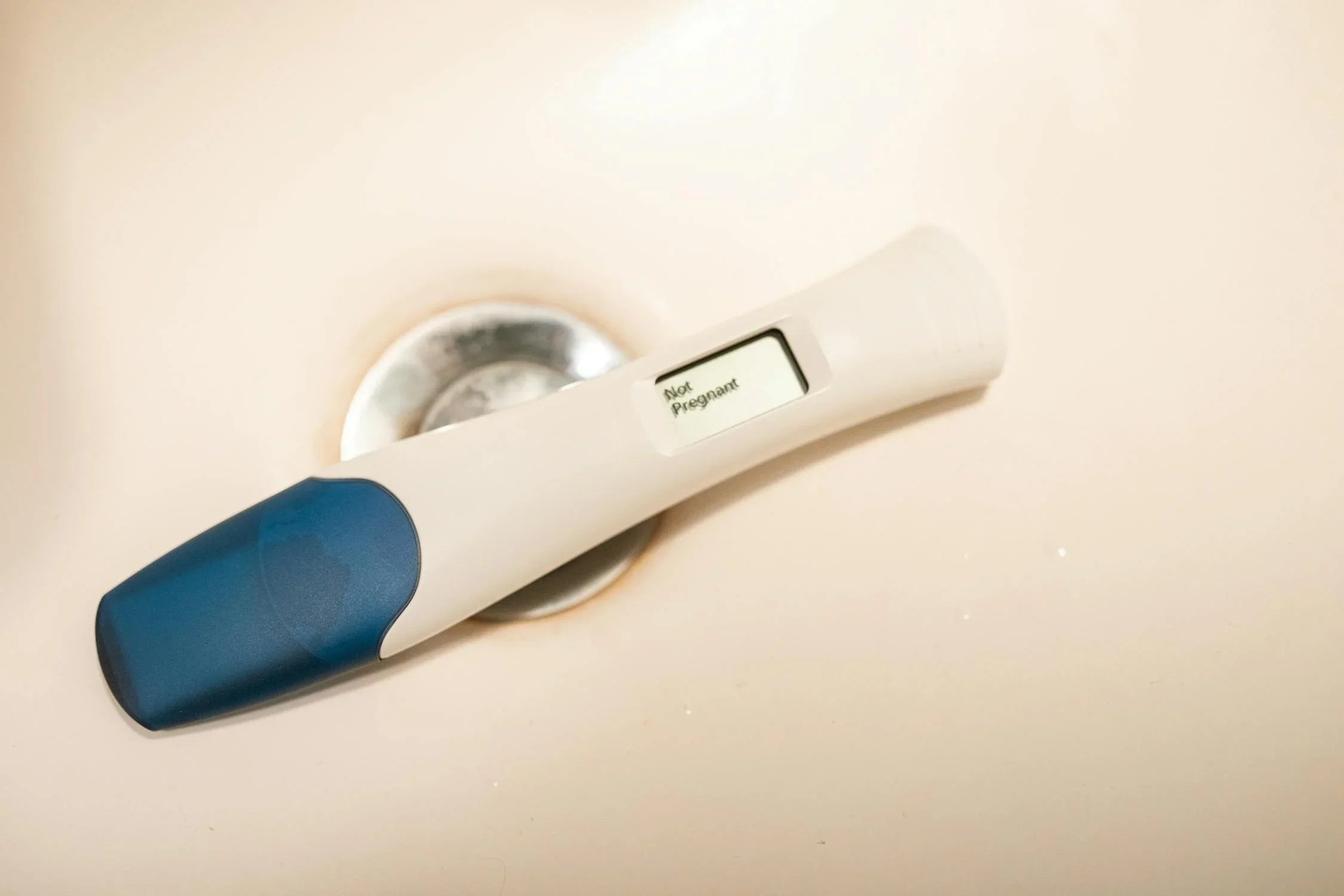Home
Pregnancy, Breastfeeding, and Pumping: The Ultimate Guide for Moms
When to Check Pregnancy Test: Timing and Tips for Accurate Results

When to Check Pregnancy Test: Timing and Tips for Accurate Results
Deciding when to check a pregnancy test can be a pivotal moment filled with anticipation and anxiety. Timing is everything when it comes to ensuring accurate results. Whether you're hoping for a positive or negative outcome, understanding the best time to take a pregnancy test can make all the difference.
Understanding How Pregnancy Tests Work
Pregnancy tests detect the presence of human chorionic gonadotropin (hCG), a hormone produced during pregnancy. This hormone is released when a fertilized egg attaches to the uterine lining. The level of hCG increases rapidly in the early stages of pregnancy, doubling every 48 to 72 hours. Most home pregnancy tests are designed to detect hCG in urine, while blood tests conducted by healthcare providers can detect even lower levels of the hormone.
When to Take a Pregnancy Test
The timing of when to check a pregnancy test depends on several factors, including the sensitivity of the test, the regularity of your menstrual cycle, and when you suspect conception occurred. Here are some key considerations:
After a Missed Period
The most common recommendation is to wait until after you've missed your period to take a pregnancy test. By this time, hCG levels are typically high enough to be detected by most home pregnancy tests. Testing too early can result in a false negative, as hCG levels may not yet be sufficient for detection.
Early Testing
Some pregnancy tests are marketed as early detection tests, claiming to provide accurate results up to six days before a missed period. While these tests can detect lower levels of hCG, their accuracy may vary. If you choose to test early, be aware that a negative result may not be definitive, and you may need to retest after your missed period.
Irregular Cycles
If you have irregular menstrual cycles, determining when to check a pregnancy test can be more challenging. In such cases, it's best to wait at least two weeks after you suspect conception occurred. Tracking ovulation using methods like basal body temperature or ovulation predictor kits can also help pinpoint the best time to test.
Factors Affecting Test Accuracy
Several factors can influence the accuracy of a pregnancy test, including:
Test Sensitivity
Different pregnancy tests have varying levels of sensitivity to hCG. Tests with higher sensitivity can detect lower levels of the hormone, potentially providing earlier results. However, these tests may also be more prone to false positives due to other sources of hCG, such as certain medical conditions or fertility treatments.
Timing of Testing
Taking a pregnancy test at the wrong time of day can affect its accuracy. For the most reliable results, it's recommended to use your first-morning urine, as it is more concentrated and likely to contain higher levels of hCG. If testing later in the day, ensure you haven't consumed large amounts of fluids, which can dilute hCG levels.
User Error
Incorrect usage of the pregnancy test, such as not following the instructions or misreading the results, can lead to inaccurate outcomes. Always read the instructions carefully and ensure you understand how to interpret the results.
Interpreting the Results
Understanding how to interpret the results of a pregnancy test is crucial. Most tests display results as either positive or negative, but there are nuances to consider:
Positive Result
A positive result typically indicates pregnancy, but it's important to confirm with a healthcare provider. False positives can occur due to certain medications, medical conditions, or evaporation lines on the test.
Negative Result
A negative result may mean you're not pregnant, but it could also be due to testing too early or other factors. If you still suspect pregnancy after a negative result, wait a few days and retest or consult a healthcare provider.
Indeterminate Result
Sometimes, a pregnancy test may produce an unclear or invalid result. This can happen if the test is expired, damaged, or not used correctly. In such cases, it's best to retest with a new kit.
Tips for Accurate Testing
To ensure the most accurate results when checking a pregnancy test, follow these tips:
- Read the instructions carefully before using the test.
- Use your first-morning urine for the highest concentration of hCG.
- Avoid drinking excessive fluids before testing to prevent dilution of hCG.
- Wait the recommended amount of time before reading the results.
- If in doubt, retest after a few days or consult a healthcare provider.
When to Seek Medical Advice
If you receive a positive pregnancy test result, it's important to schedule an appointment with a healthcare provider to confirm the pregnancy and begin prenatal care. If you experience symptoms of pregnancy but receive negative test results, or if you have concerns about your fertility, seeking medical advice can provide clarity and guidance.
Knowing when to check a pregnancy test is essential for obtaining accurate results and making informed decisions. By understanding the factors that influence testing and following best practices, you can approach this important moment with confidence and clarity.
Share
